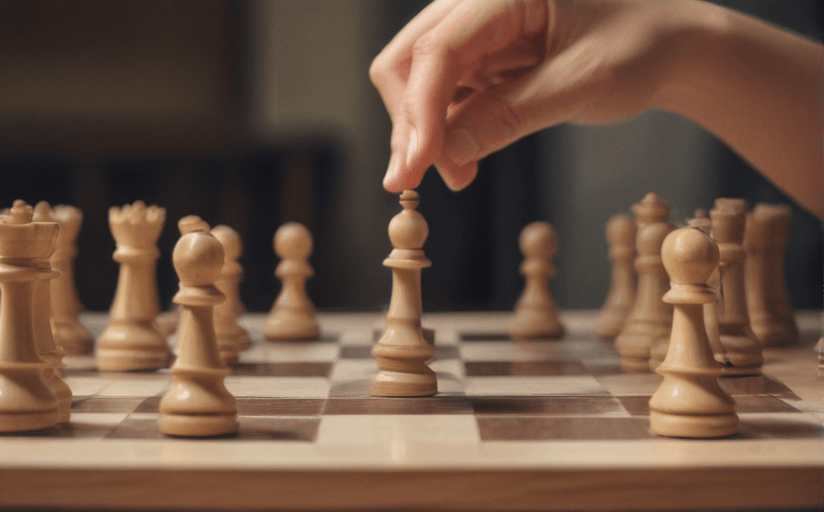How Chess Influences Physical Fitness and Mental Agility
For many centuries, chess has been touted as a game that sharpens the mind. Chess, the time-honored stratagem board game, has surprising connections and influences on both mental agility and physical fitness. Engaging in this game is not just about winning or losing but also developing your cognitive abilities and enhancing your overall well-being. This article delves deeper into how the mental strategies acquired from this game translate into sharper mental acuity and could potentially improve physical fitness.
The Connections Chess Has on Mental Agility
Chess is a game characterized by constant mental stimulation. By regularly engaging in chess, players can significantly improve their cognitive function. For example, a study published in New England Journal of Medicine revealed that playing chess reduced the risk of dementia, as the game provides robust mental stimulation.
Renowned chess player, Magnus Carlsen, often speaks about the rich mental benefits he enjoys from playing this game. Carlsen once noted that his superb problem-solving skills and memory were honed from his frequent engagement in chess.
The Potential Influence of Chess on Physical Fitness
The connection between chess and physical fitness may not be as direct as with mental agility, but it does exist. Continuous mental stimulation and stress relief may indirectly influence overall physical health. According to American chess Grandmaster Robert Hess, the calmness and focus achieved during chess games can translate to better stress management, sleep, and overall healthier life-choices.
Underlying Mechanisms Behind Chess's Overall Influence on Well-Being
The critical aspect that enables chess to improve one's physical fitness and mental agility is its inherent need for high-level thinking strategies. One needs focus, visualization, memory, and problem-solving skills to excel in chess, and it's these faculties that improve cognitive functions. Regularly engaging in chess trains, stretches, and strengthens these faculties.
Tips on Incorporating Chess into a Regular Exercise and Mental Wellness Routine
- Start by incorporating chess into your routine gradually, ideally beginning with shorter sessions of about 20 minutes a day, eventually working up to longer periods.
- Make it social. Adding a social aspect to your play can make the game more enjoyable and can double up as a bonding activity with friends or family members.
- Combine chess with physical exercise. For instance, you could cycle or walk to your local chess club.
In conclusion, while chess might seem like a laid-back board game, it offers more than what meets the eye. Above all, its most significant selling point is the effects it has on mental agility and potentially physical fitness. So, why not make a move and integrate it into your routine for a healthier, happier life?

















Comments
Leave a Comment